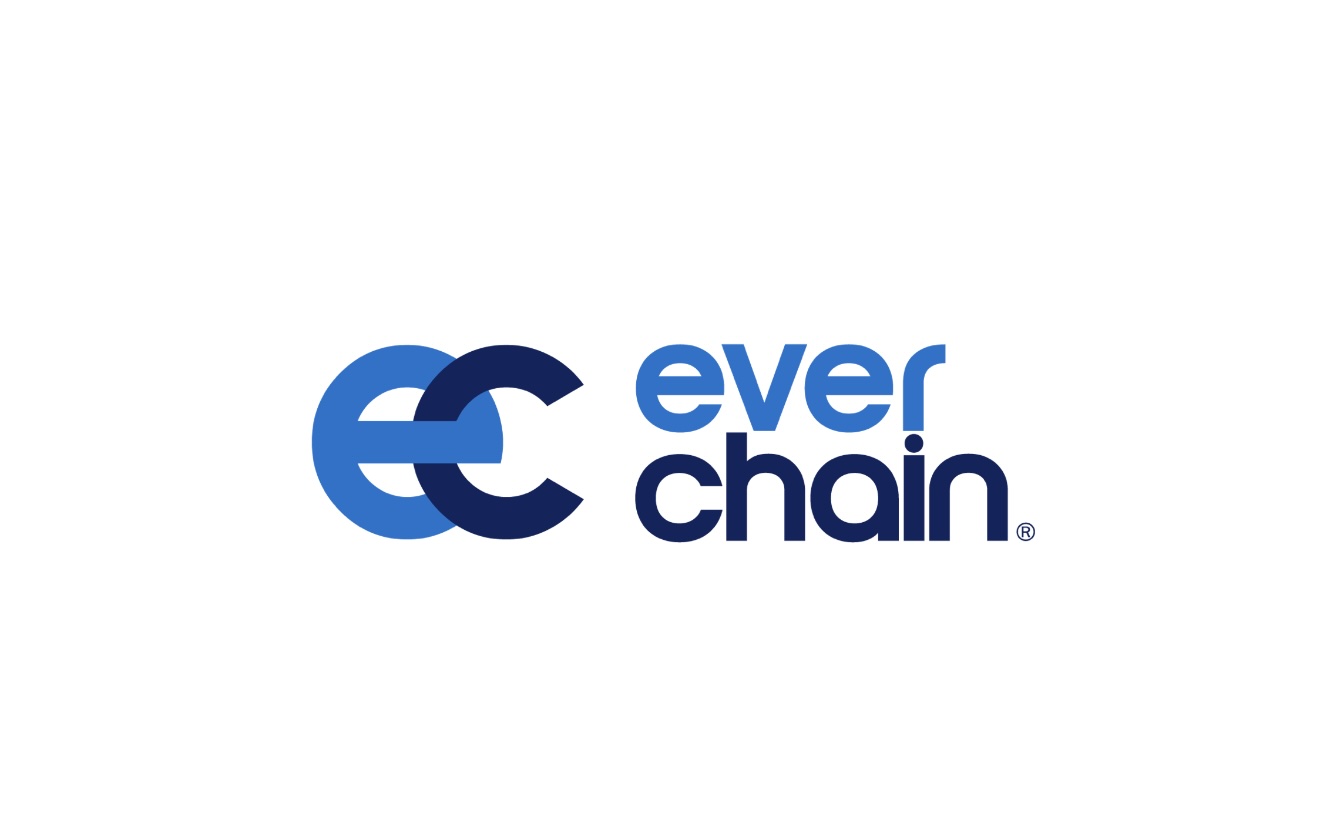Source: site
The Consumer Financial Protection Bureau (CFPB) has introduced a new requirement that bank supervisors must take a “humility oath”—officially called the “Humility in Supervisions Pledge”—before conducting examinations of financial institutions. This move aims to reset the tone and approach of regulatory supervision, especially after criticism that past leadership weaponized oversight and conducted exams in a heavy-handed manner.
Purpose of the Humility Oath
The CFPB stated that the new pledge is, in part, a response to concerns that prior supervision under leaders like Rohit Chopra and Lorelei Salas was too aggressive and costly, with unnecessary duplication and burdens on banks. The agency now seeks respectful, prompt, and budget-conscious examinations, with examiners reading the pledge to institutions before beginning their work.
Key Elements and Changes
-
Examiners will recite the humility pledge before every exam.
-
Exams will aim to be swift and focused, specifically avoiding excess data requests and redundant oversight where states or other regulators already supervise.
-
The CFPB will now concentrate its resources on immediate threats to consumers—especially service members, veterans, and families—and only in areas clearly within its legal authority.
-
Exams will avoid asking for information unrelated to the exam or inconsistent with Bureau priorities, and examiners are instructed to forgo invasive or irrelevant questions.
Reactions and Controversy
-
The move was accompanied by criticisms of previous leadership’s supervisory style, with CFPB officials and advocates expressing concerns that the pledge serves as a way to embarrass staff or possibly encourage resignations.
-
Some industry observers are skeptical about whether bank examinations will continue at all under the new leadership, as the agency faces funding and operational constraints.
Impact on Supervision
-
The agency has decreased its focus on nonbank oversight and enforcement related to fair lending, shifting instead toward resolving issues collaboratively and prioritizing consumer complaints.
-
There is a general reduction in the number and scope of supervisory exams, particularly for nonbank financial entities.
This change underscores a major shift in how the CFPB will supervise banks under the Trump administration, focusing on minimal intervention and greater cooperation with state regulators.
The “humility oath” introduced by the CFPB will result in less aggressive, more restrained bank exams in 2026, with a reduced focus on sweeping data requests and duplicative efforts that overlap with state regulators. Examiners will be required to read the humility pledge aloud before each examination, setting a tone for respectful, efficient, and budget-conscious oversight.
Main Changes for 2026 Exams
-
Examiners must conduct reviews quickly and avoid requests for expansive information not directly connected to exam priorities.
-
The CFPB will limit its involvement when states or other agencies already supervise the institution, preventing duplicative oversight.
-
Exams will prioritize pressing threats to consumers, especially service members, veterans, and areas clearly within the CFPB’s legal authority.
Impact on Banks and Industry
-
Institutions can expect exams to involve fewer personnel, reduced travel, and less intrusive questioning than in previous years.
-
The CFPB has signaled that its overall supervisory activity will decline in both frequency and scope, potentially resulting in fewer and less comprehensive exams.
-
Some industry observers are questioning whether any significant number of exams will occur at all, given the Bureau’s operational and funding challenges and indications that exams were largely suspended throughout the previous year.
The shift marks a substantial departure from the more assertive oversight practices of prior CFPB leadership, with a new emphasis on efficiency and deference to existing state supervision.





